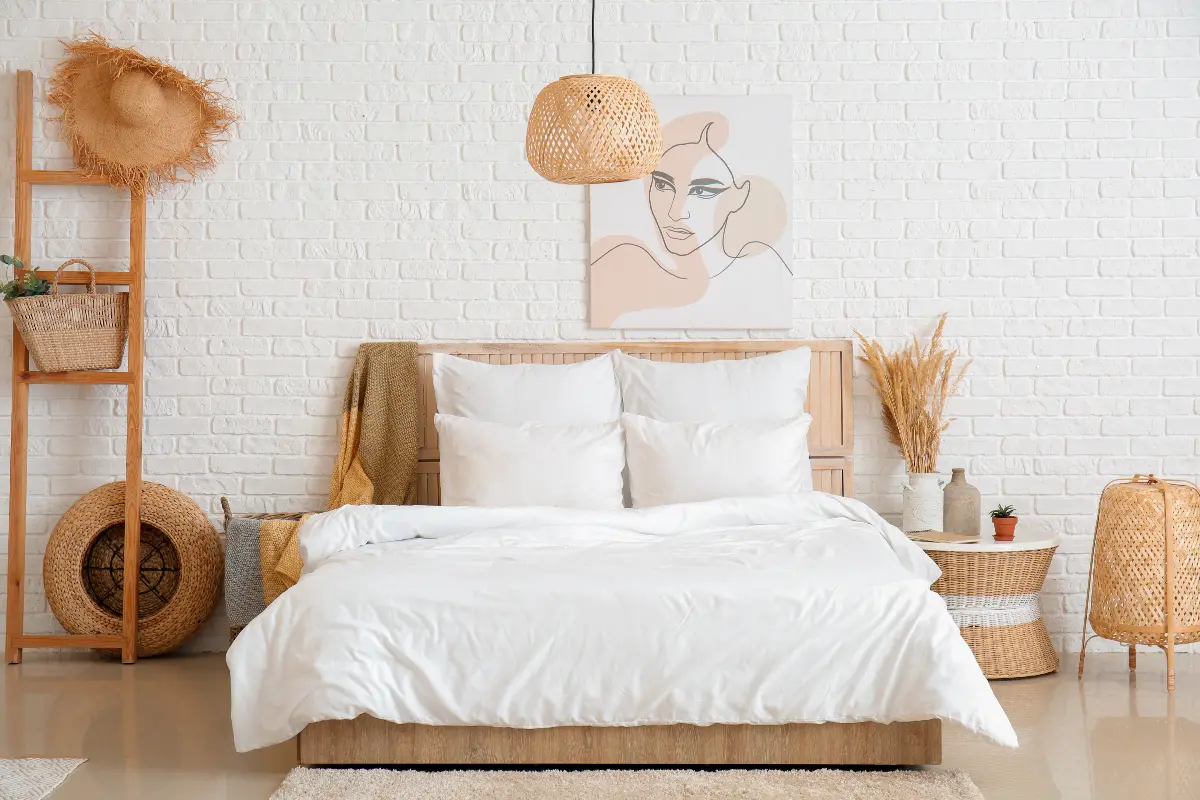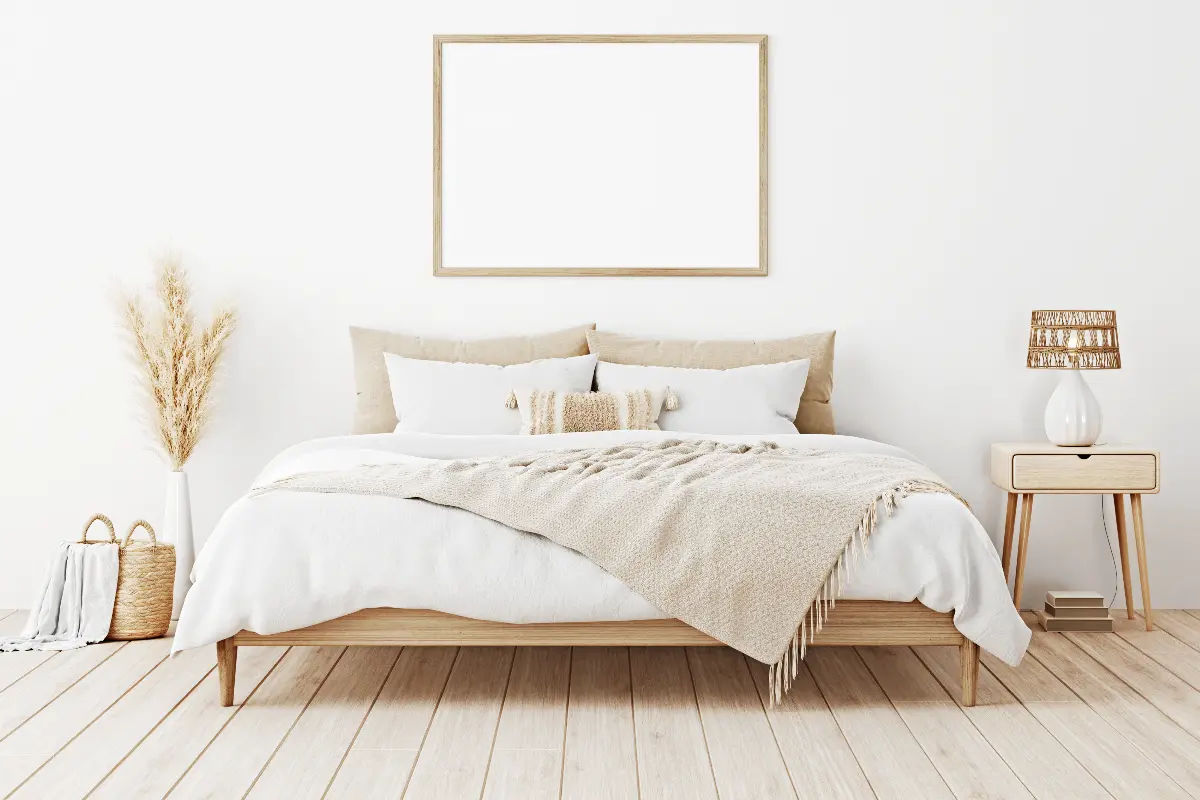In our ceaseless quest for better sleep, we meticulously examine our lifestyle and habits, often overlooking the silent yet influential setting of our bedrooms. The space where we lay our heads at night can significantly impact the quality of our rest, thus affecting our overall well-being. To transform your bedroom into an idyllic sleep sanctuary, consider banishing these four detrimental items, thereby promoting a serene environment conducive to restorative slumber.

The glow of screens has become ubiquitous in modern homes, but their presence in the bedroom is particularly insidious. Televisions, smartphones, and tablets emit blue light, which can interfere with the production of the sleep-inducing hormone melatonin. This disruption plays havoc with your circadian rhythm, making it challenging to fall and stay asleep. The content streaming into your sanctuary can also be stimulating rather than relaxing, leaving your mind whirring when it should be unwinding. For improved rest, make your bedroom a screen-free zone an hour before bed, allowing your mind to decompress and signal to your body that it's time to rest.
While a cluttered environment might seem benign, it can have clandestine effects on your subconscious mind. A bedroom swamped with laundry, work documents, and miscellaneous items can elevate stress levels, making it difficult to relax. Clutter perpetuates a sense of unfinished business and chaos, which is the antithesis of what a sleeping environment should embody. To foster tranquillity, endeavour to maintain a minimalist space, reserving your bedroom solely for items conducive to relaxation and sleep. This approach will not only make the room more aesthetically pleasing but will also create a mental distinction between your rest area and other, more active parts of your home.
Exercise equipment might symbolise health and vitality, but it can send the wrong message to your brain when placed in a sleep space. The sight of a treadmill or weights can subliminally remind you of the activities you have not done, leading to a sense of guilt or a feeling that you should be engaging in physical activity rather than resting. This can trigger a physiological response that is the opposite of what you want when attempting to fall asleep. Keep exercise equipment in a different room, or at least out of sight, to prevent your bedroom from being associated with anything other than relaxation and sleep.
Finally, if your bedroom doubles as a home office, it's time to reconsider the arrangement. Work-related materials can act as a constant reminder of your responsibilities, deadlines, and stresses. Even when tucked away, knowing they are there can make it difficult for you to switch off mentally. Separating your workspace from your sleeping space is essential for mental health. This distinction allows for a psychological boundary that helps you leave the day's stresses at the metaphorical (or literal) bedroom door, paving the way for a peaceful night's rest.

To encapsulate, creating a bedroom sanctuary centred around sleep does not require significant investment or overhaul. Rather, it is about mindfully curating a space devoid of distractions and triggers that may impinge on your ability to achieve deep, restorative rest. When you carefully remove these four items from your bedroom, you step towards harnessing a haven of serenity that invites a healthier sleep cycle and, by extension, a more balanced life. The simplicity of these changes belies their profound effect on your daily energy, mood, and well-being. In a world that never sleeps, ensure your bedroom remains a sacred space for rest, and you'll find your nights—and days—transformed.
